CEOs gathered in Davos today for the World Economic Forum (WEF) amid significant political developments in Washington, D.C. Key participants include TikTok’s Shou Zi Chew and Walmart’s Doug McMillon, with some executives opting to attend Trump’s inauguration instead of the WEF. The event, which highlights contributions to a sustainable future, is overshadowed by concerns over Trump’s policies and their potential impact on global economic conditions.
- CEOs divided between Davos and Washington
- Concerns over trade wars dominate discussions
- Optimism about AI-powered innovation growth
- Uncertainty around tariffs and their impact
- Davos leaders focus on deal-making strategies
- Inclusion and empathy clash with Trump's rhetoric
The World Economic Forum in Davos has attracted around 1,600 business leaders, who are navigating a complex landscape influenced by U.S. politics. With President Trump’s inauguration coinciding with the WEF, many executives are torn between attending the forum and participating in the ceremonies in Washington. This year’s discussions are marked by a mix of optimism regarding technological advancements and apprehension about global economic stability.
Pre-Davos surveys indicate that trade wars are a primary concern for CEOs. Key points include:
- Many executives are wary of the potential impact of tariffs on their businesses.
- Global economic conditions are not expected to improve significantly in 2025.
- U.S. consumer spending, crucial for global recovery, is reportedly decreasing.
Despite these concerns, there is a prevailing sense of optimism among business leaders about leveraging AI for innovation and growth. Simon Freakley, CEO of AlixPartners, noted the uncertainty surrounding tariffs but emphasized the potential for positive outcomes. The environment for mergers and acquisitions is also seen as favorable, suggesting that business leaders are keen to capitalize on opportunities even amidst political turbulence.
In summary, the WEF in Davos serves as a platform for business leaders to address pressing global issues while also navigating the uncertainties brought by U.S. political developments. The balance between optimism and caution will shape discussions as executives seek to adapt to the evolving economic landscape.



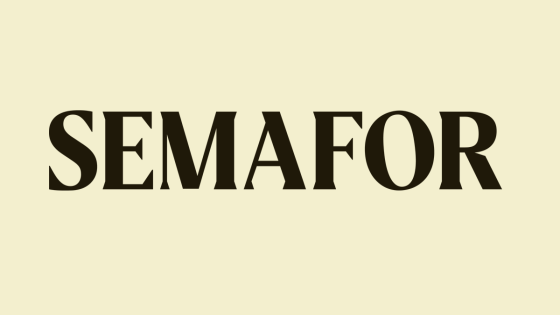

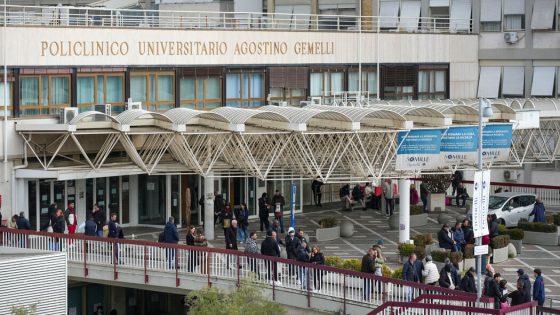
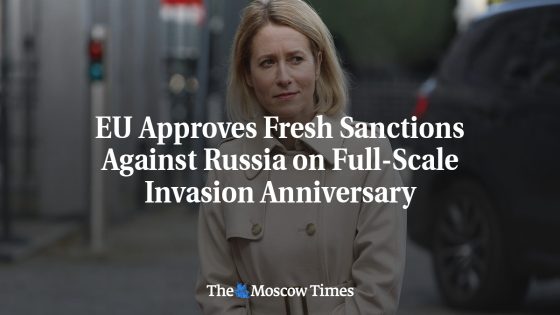
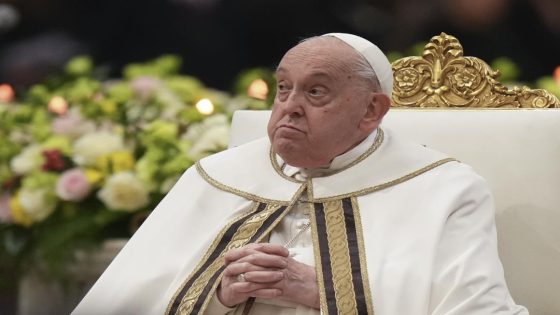


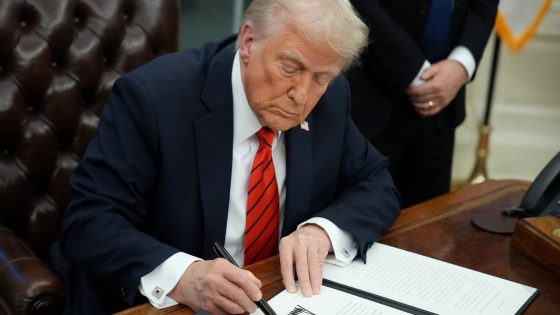
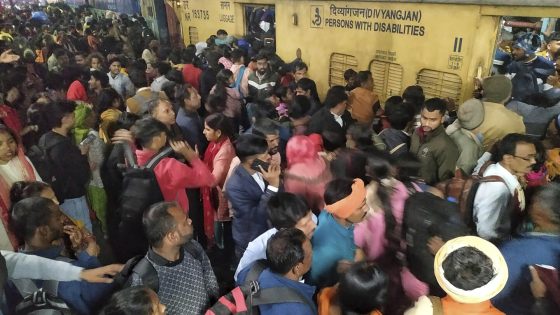






![[BREAKING] Fire erupts on Air Busan Plane at Gimhae Airport; All 176 onboard safely evacuated](https://news.faharas.net/wp-content/uploads/2025/01/Fire-Breaks-Out-on-Air-Busan-Flight-at-Gimhae-Airport-230x129.png)














